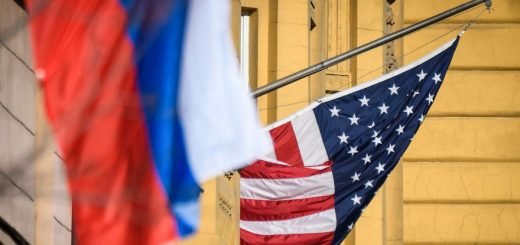Remembering the Yalta Conference: How It Shaped the Future of Europe 73 Years Ago

The Yalta Conference, held from February 4th to 11th, 1945, was a pivotal moment in the history of Europe. 73 years have passed since this meeting of the heads of state of the Allied powers during World War II, but its impact can still be felt today.
The conference was attended by Soviet Premier Joseph Stalin, British Prime Minister Winston Churchill, and US President Franklin D. Roosevelt. The main aim of the conference was to discuss the reorganization of Europe after the war. The leaders discussed and agreed on the division of Germany, the future of Poland, and the composition of the United Nations.
One of the most significant agreements reached at the conference was the division of Germany into four occupation zones, to be controlled by the United States, Britain, France, and the Soviet Union. This division laid the foundation for the eventual division of the country into East and West Germany, which would become a major source of tension during the Cold War.
Another important outcome of the conference was the agreement on the future of Poland. The leaders agreed to establish a provisional government in Poland and to hold free elections in the country as soon as possible. However, the Soviet Union’s control over the country would soon become evident, leading to widespread criticism of the agreement.
Finally, the Yalta Conference was also a key moment in the formation of the United Nations. The leaders agreed to establish the UN as an international organization aimed at promoting peace and cooperation among nations. The organization would go on to play a crucial role in international relations for decades to come.
It was a crucial moment in the reorganization of Europe after World War II. Its decisions and agreements laid the foundation for the division of Germany and the establishment of the United Nations, and its impact can still be felt today. The conference remains an important milestone in the history of international relations, and its legacy continues to shape the world we live in.


















